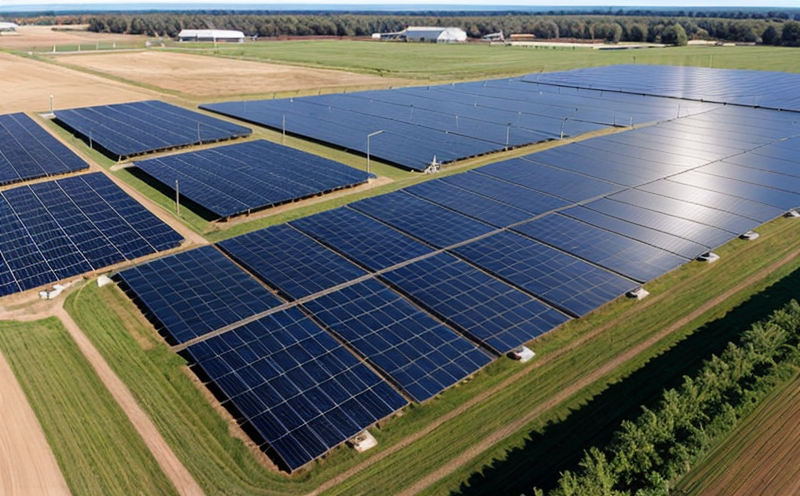IEC 62282 Fuel Cell and Hydrogen System Performance Testing
The International Electrotechnical Commission (IEC) Standard IEC 62282 is a comprehensive suite of standards specifically designed to ensure the safety, performance, and reliability of fuel cell systems and hydrogen-based technologies. This standard covers multiple aspects including system design, testing procedures, and performance criteria for both stationary and mobile applications.
At [Lab Name], we are committed to providing cutting-edge services that meet or exceed IEC 62282 requirements. Our state-of-the-art facilities support a range of tests from basic electrical performance assessments to complex durability studies under varying environmental conditions. From hydrogen purity analysis to fuel cell stack efficiency evaluations, our team ensures accurate and reliable data collection.
The testing procedures outlined in IEC 62282 are essential for ensuring that fuel cells operate safely within specified limits while maintaining high levels of reliability over their lifecycle. These tests encompass various parameters such as voltage stability, current density distribution, temperature gradient measurement, pressure drop calculation, and more.
Our experienced technicians use advanced equipment calibrated to international standards like ISO 13682-1:2019 for hydrogen purity testing and ASTM E745-18 for water vapor permeability analysis. By leveraging these precise instruments, we can provide detailed reports tailored specifically towards your needs whether it be compliance verification or research & development support.
Compliance with IEC 62282 not only ensures that products meet regulatory requirements but also enhances brand reputation by demonstrating a commitment to quality and safety standards. This standard helps manufacturers validate their designs against real-world operating conditions, thereby reducing risks associated with improper functioning of fuel cells or hydrogen systems.
To summarize, our IEC 62282 service offers thorough evaluation of fuel cell and hydrogen system performance through rigorous testing protocols adhering strictly to international guidelines. With expert knowledge in this field combined with sophisticated laboratory capabilities, we are here to assist you every step of the way from initial consultation right up until final certification.
Why It Matters
The importance of IEC 62282 cannot be overstated when it comes to ensuring safety and reliability in fuel cell technology. As renewable energy sources become increasingly integrated into our daily lives, it is crucial that these systems perform consistently under diverse operational scenarios.
- Enhanced Safety: Ensures all components operate within safe limits preventing potential hazards.
- Regulatory Compliance: Helps manufacturers meet stringent regulatory requirements ensuring market access globally.
- Innovation Support: Facilitates continuous improvement in design through rigorous testing and validation.
- Risk Mitigation: Identifies potential issues early allowing for necessary modifications before commercial launch.
By adhering to these stringent standards, stakeholders can have confidence knowing that their products will function reliably across various environments while minimizing risk. This trust is vital not only for businesses but also consumers who rely on dependable performance from fuel cells and hydrogen systems.
Industry Applications
The applications of IEC 62282 are vast, spanning numerous sectors where reliable energy solutions are paramount:
- Automotive Industry: Ensuring the safety and efficiency of hydrogen fuel cell vehicles.
- Solar Power Plants: Integrating hydrogen storage systems for enhanced energy security.
- Telecommunications: Providing uninterrupted power supply using fuel cells in remote locations.
- Data Centers: Implementing efficient backup power solutions powered by hydrogen fuel cells.
In each case, compliance with IEC 62282 ensures that the technology operates optimally under real-world conditions, thus supporting sustainable growth in these industries.





